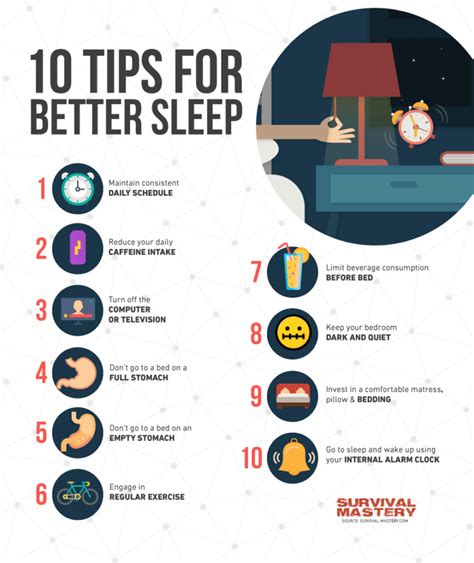How to improve sleep quality tonight?

In our fast-paced world, a good night’s sleep often feels like a luxury rather than a necessity. Yet, the quality of our sleep profoundly impacts our mood, productivity, and overall health. The good news is, you don’t need a complete lifestyle overhaul to start sleeping better. With a few simple, actionable steps, you can significantly improve your sleep quality as soon as tonight.
Establish a Relaxing Bedtime Routine
Your body thrives on routine, and preparing for sleep is no different. Begin winding down at least an hour before you plan to go to bed. This means stepping away from stimulating activities and easing into a calmer state.
- Digital Detox: Put away all electronic devices – phones, tablets, computers, and TVs. The blue light emitted by screens can suppress melatonin production, making it harder to fall asleep.
- Warm Bath or Shower: A warm bath or shower can help relax your muscles and signal to your body that it’s time to rest. The subsequent drop in body temperature after leaving the warm water also aids in inducing sleepiness.
- Read a Book or Meditate: Instead of scrolling, pick up a physical book or practice mindfulness meditation. These activities can quiet your mind and prepare it for a restful night.

Optimize Your Sleep Environment
Your bedroom should be a sanctuary for sleep. Even small adjustments can make a big difference.
- Darkness is Key: Ensure your room is as dark as possible. Use blackout curtains or an eye mask to block out any light. Even a small amount of light can disrupt your sleep cycle.
- Quiet Please: Minimize noise distractions. If you live in a noisy area, consider using earplugs or a white noise machine to create a consistent, soothing sound environment.
- Keep it Cool: The ideal temperature for sleep is typically between 60-67°F (15-19°C). A cooler room helps your body’s core temperature drop, which is essential for initiating and maintaining sleep.
- Comfort Matters: Invest in a comfortable mattress, pillows, and bedding that support your body and keep you cozy without overheating.

Watch Your Diet and Drinks
What you consume, especially in the hours leading up to bedtime, can profoundly affect your sleep.
- Avoid Caffeine and Alcohol: Steer clear of caffeine (coffee, tea, energy drinks, chocolate) for at least 6-8 hours before bed. While alcohol might initially make you feel drowsy, it disrupts sleep cycles later in the night, leading to fragmented and less restorative sleep.
- Light Dinner: Opt for a light, easily digestible dinner a few hours before bed. Heavy, spicy, or fatty meals can cause indigestion and discomfort, making it difficult to fall asleep.
- Herbal Teas: Consider calming herbal teas like chamomile or valerian root. These can promote relaxation without the stimulating effects of caffeinated beverages.

Mind Your Daytime Habits
Sleep quality isn’t just about what you do right before bed; your daytime activities play a crucial role too.
- Regular Exercise: Engage in regular physical activity, but try to finish intense workouts at least a few hours before bedtime. Exercise can significantly improve sleep quality, but exercising too close to sleep can be stimulating.
- Limit Naps: While a short power nap can be refreshing, long or late-day naps can interfere with your nighttime sleep. If you must nap, keep it to 20-30 minutes and do it earlier in the afternoon.
- Sunlight Exposure: Get some natural light exposure, especially in the morning. This helps regulate your circadian rhythm, signaling to your body when to be awake and when to be sleepy.

Conclusion
Improving your sleep quality tonight is entirely within reach. By making conscious choices about your bedtime routine, sleep environment, diet, and daytime habits, you can set the stage for a more restful and restorative night. Start with one or two changes and observe the difference. Consistent effort will lead to significant long-term benefits for your health and well-being. Sweet dreams!









